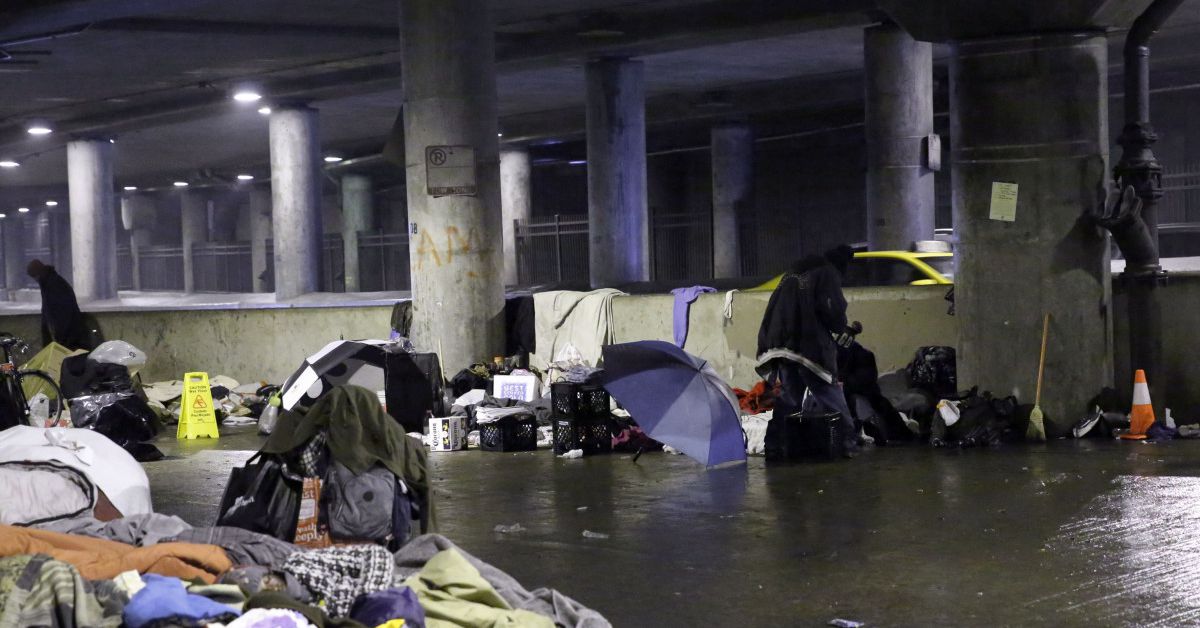For more than a year, organizers within Chicago’s homeless community have worked to raise awareness of the 2020 census, but that effort is now threatened by the rapid spread of COVID-19.
U.S. Census field operations dedicated to counting people dealing with homelessness and those living in shelters have been delayed without a clear date of when they will resume.
By now, every household should have received some type of mailer from the U.S. Census Bureau reminding residents to complete their 2020 census form by phone, mail or online. But reaching out by mail, of course, poses a roadblock for those experiencing homelessness.
“Because of this we’ve been shortchanged for years,” said Gloria Davis, Census 2020 project manager for the Chicago Coalition for the Homeless.
The census counts everyone living in the United States no matter their housing situation. Those experiencing homelessness or living “doubled-up” — temporarily staying in the homes of family and friends — are particularly difficult to count.
“People moving from place-to-place might be left off census forms because the person they are staying with might fear retribution from their landlord,” said Erin Sindewald, development manager at Chicago Coalition for the Homeless, about fear that census information is shared with property managers. However, it’s illegal for the bureau to share any survey information that identifies an individual.
Davis said there is a lot on the line for the homeless community with this census that will determine how federal dollars are distributed over the next 10 years. An undercount of could worsen an already difficult living situation.
The census informs how the federal government funds shelters and soup kitchens. It also helps determine how much money programs that assist with housing and nutrition receive.
More than 10,000 people in Illinois experienced homelessness in 2019, according to a Department of Housing and Urban Development assessment.
Now, the COVID-19 pandemic is creating more challenges in counting the homeless, Davis said.
“The timing of this pandemic couldn’t have been worse,” Davis said.
Before the pandemic, Davis had met face-to-face with people to dispel myths around the census and to explain its importance. She would recommend they go to the library or other areas that had access to free computers where they could fill out the census online.
But Illinois’ stay-at-home order has shut libraries and other nonessential businesses.
Since census takers are not visiting the homeless yet, they are urging people to self-respond to the census, Sindewald said.
“We are encouraging any person experiencing homelessness who have phones to use it fill out the forms,” Sindewald said.
As of April 27, over 79 million households have responded to the census — 3.3 million in Illinois.
Manny Ramos is a corps member in Report for America, a not-for-profit journalism program that aims to bolster Sun-Times coverage of issues affecting Chicago’s South and West sides.



















